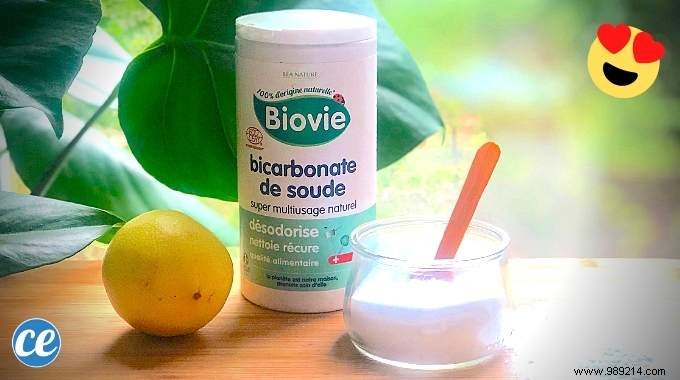
Baking soda, or sodium bicarbonate, is a versatile household staple that simplifies daily tasks without costing a fortune. Every home should stock it for its proven benefits in health, beauty, and cleaning.
This expert guide covers everything you need to know about this remarkable white powder. Dive in:
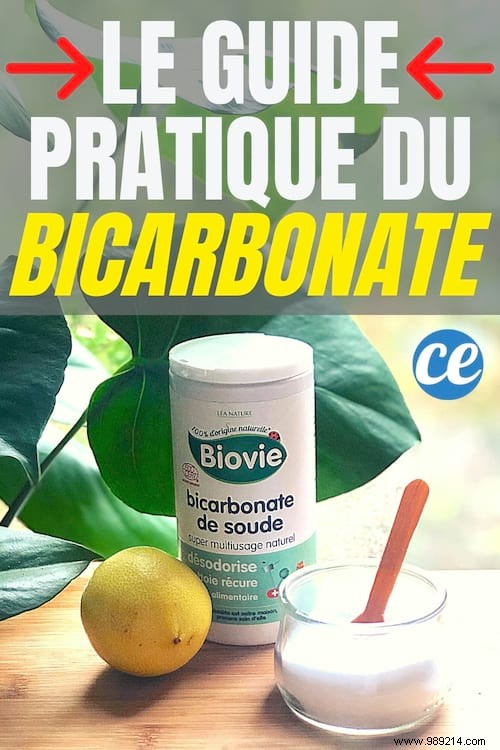
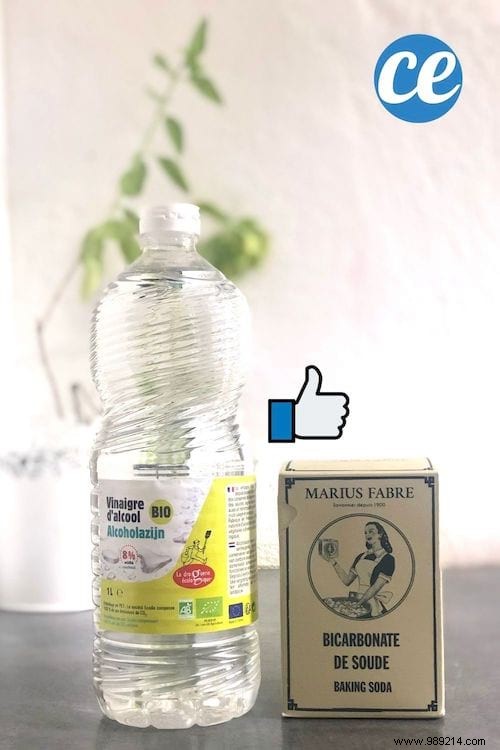
With years of experience using natural cleaners, I can confirm baking soda and white vinegar are must-haves. They're perfect for household chores, gardening, and health remedies.
Both are 100% natural yet industrially produced, keeping them affordable. Despite differences—vinegar's acidic pH from fermentation versus baking soda's alkaline mineral base—their benefits overlap remarkably for countless applications.
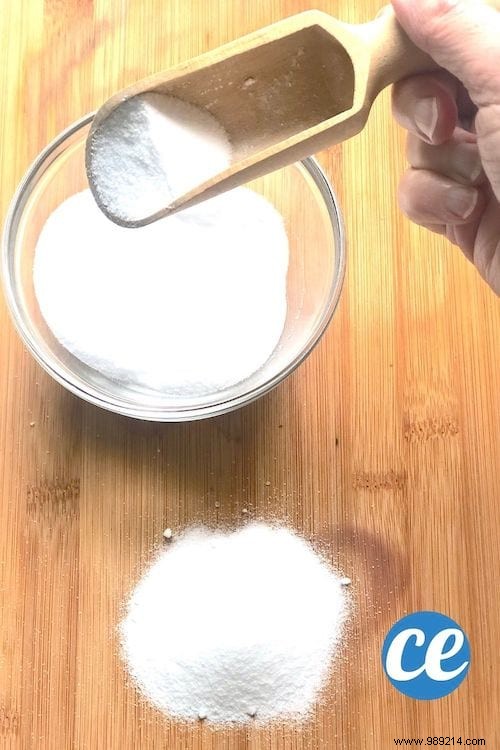
Its detergent and mild abrasive qualities make baking soda ideal for cleaning surfaces, even delicate ones like car paint. It neutralizes odors effectively and is safe for ingestion to aid digestion.
Incorporate it into skincare, dental routines, kitchen, bathroom, and toilet cleaning—it degreases, scrubs, and shines effortlessly. Far cheaper and eco-friendlier than commercial products, though for tough grime, pair it with soda crystals.
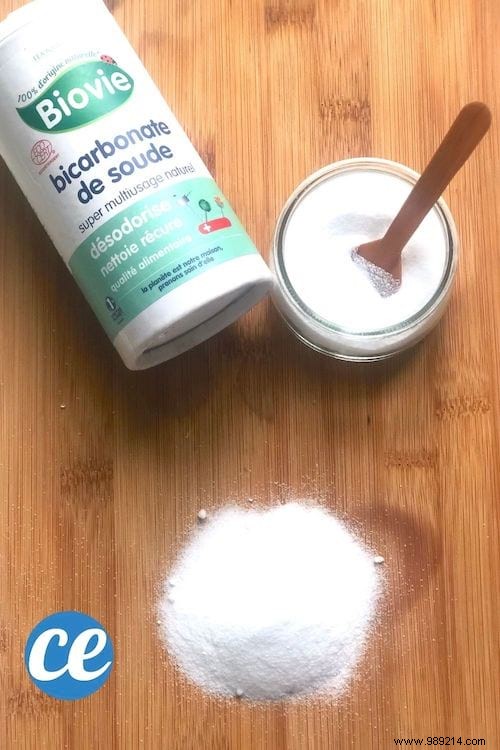
These terms all refer to the same compound: sodium bicarbonate (also known as Vichy salt, "la petite vache" in Quebec, or natri hydrogenocarbonas in Latin). Don't confuse it with sodium carbonate.
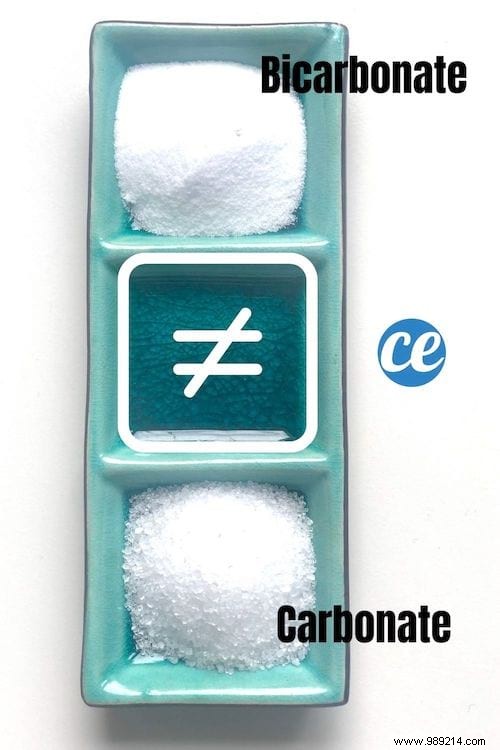
The key lies in chemistry: Sodium carbonate is Na2CO3; sodium bicarbonate is NaHCO3.
You can convert carbonate to bicarbonate by adding water (H2O) and CO2. Note: E500 on labels is food-grade baking soda—safe and reliable.
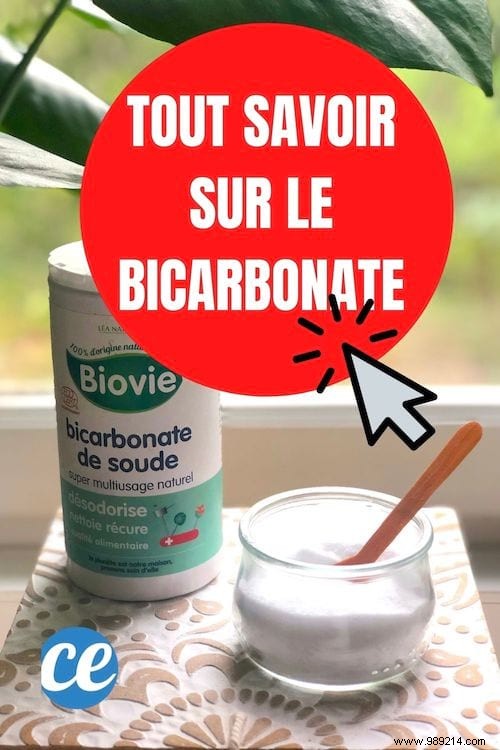
To maintain its potency, store in its original cardboard packaging, protected from light and moisture. Opt for 400-500g packs for typical use; larger for pools.
If packaging is compromised, transfer to an airtight, opaque food-grade container (look for the recycling symbol).
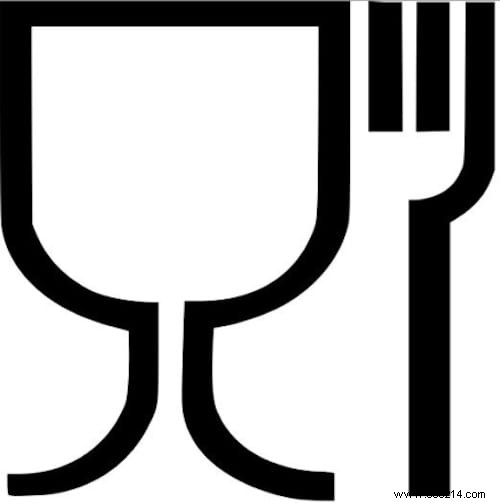
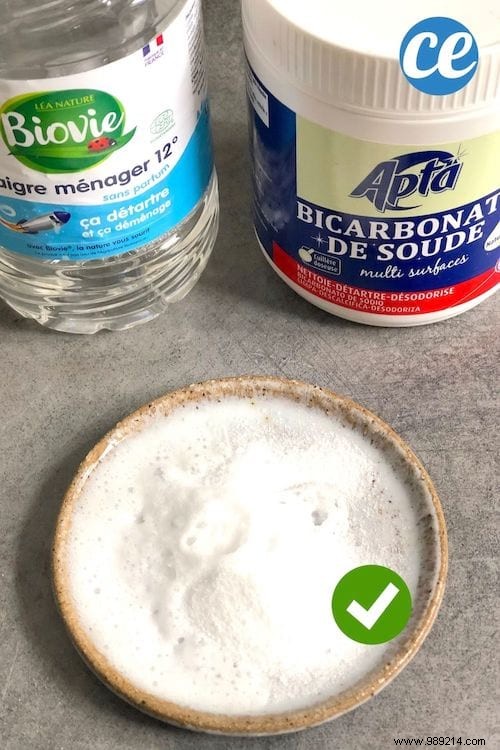
Test with a drop of white vinegar: fizzing means it's active. Minor lumps are fine if they crumble; store dry to avoid clumping.
It lasts years if kept properly—ignore dates and test as needed.
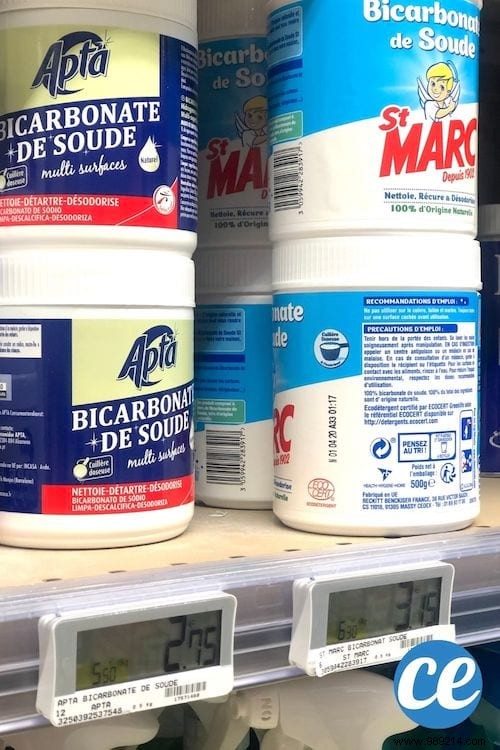
Expect €5-7 per kilo, varying by brand, quality, and retailer. Food-grade is refined (and pricier) than technical; medical/cosmetic even more so. Food-grade suits most needs, including oral use.
Though costlier than vinegar (€1/L), less is used per task, and the duo replaces pricey chemicals—saving money while protecting health and the planet.
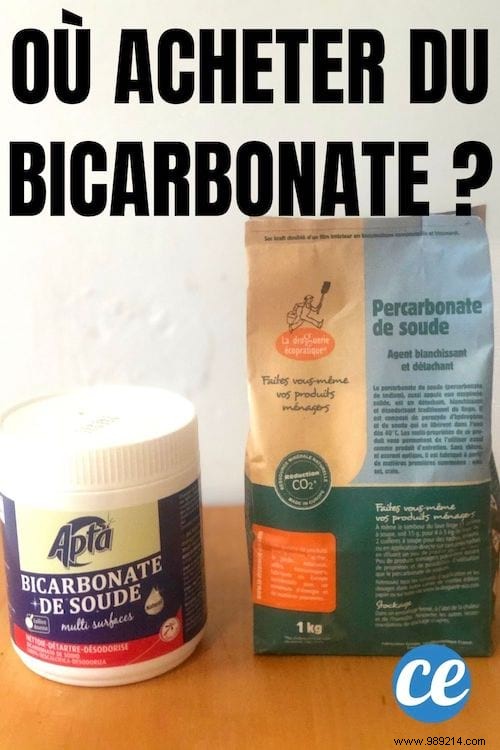
Available in supermarkets (salt/cleaning aisles), organic stores, DIY/garden centers, pharmacies, or online. Compare per-kilo prices; pharmacy options offer expert advice on contraindications.
Though natural, overuse or certain conditions can pose risks. To discover: The 7 Dangers of Baking Soda Everyone Should Know.